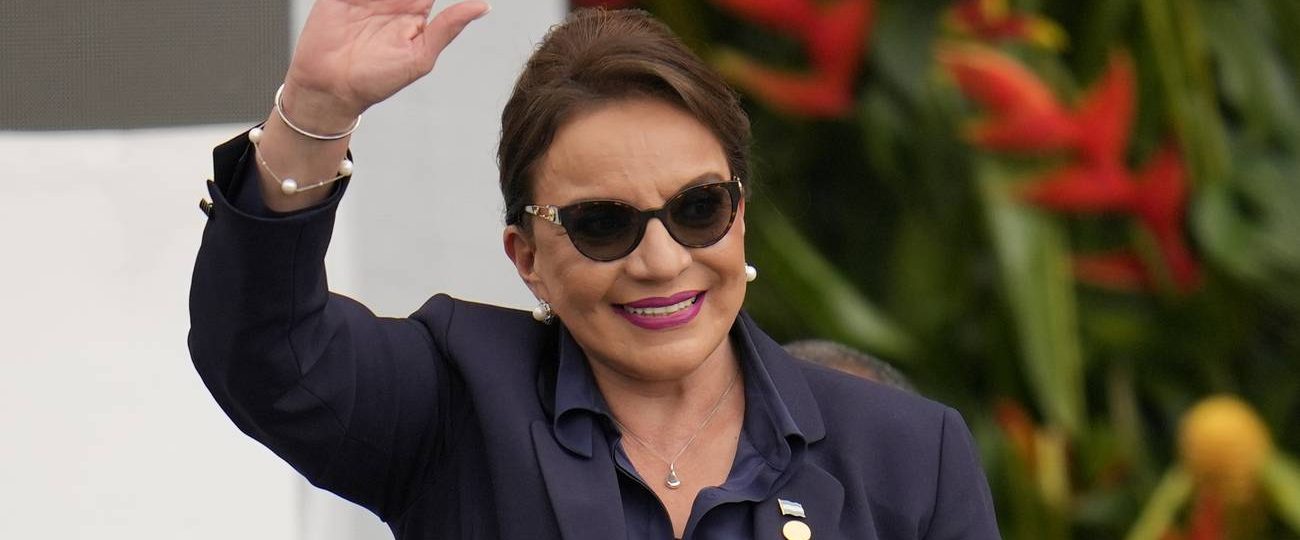Xiomara Castro’s arrival to the presidency was presented as a change from Juan Orlando Hernández’s regime, but reports of corruption and links to organized crime show a continuity that affects public confidence and highlights limitations in the consolidation of institutional mechanisms.
Weakness of anti-corruption mechanisms
During Hernández’s administration, the departure of the Mission to Support the Fight against Corruption and Impunity in Honduras (MACCIH) in 2020 weakened institutional efforts to combat corruption. The Castro administration, in turn, has failed to grant full autonomy and sufficient resources to the International Commission Against Impunity in Honduras (CICIH), which depends on the Public Prosecutor’s Office to bring cases to justice. The persistent lack of independence limits the ability to prosecute irregularities and strengthen anti-corruption institutions.
Continuing presence of organized crime in government agreements
Links to organized crime actors have been reported in both administrations. A recent case involves the Secretariat of Security, which signed contracts worth more than 10 million lempiras with a company linked to money laundering. These types of operations reflect practices detected in the previous regime, demonstrating that the public administration’s exposure to narco-politics risks remains, regardless of the executive’s party affiliation.
Openness and management of government funds
The Hernández administration was characterized by centralized and opaque management of public information. Although Castro proposed increasing accountability, recent reports from the Ministry of Transparency indicate deficiencies in the execution and supervision of public spending. The lack of clear and auditable reports makes it difficult to evaluate government efficiency and maintains a pattern similar to that observed in the previous administration.
Justice and institutional setbacks
The ability of the judicial system to punish irregularities has been limited in both administrations. International investigations, such as the “narcovideos” and allegations of illicit financing of political campaigns, have affected the current administration, highlighting the difficulty of curbing practices that compromise institutional integrity. The persistence of irregularities suggests that control structures have not been consolidated, creating an environment conducive to the continuation of corrupt behavior.
The institutional reflection of Honduras
With Hernández detained in the United States on drug trafficking charges and Castro facing scandals that affect his legitimacy, Honduras remains in a situation where rhetoric about change is not fully translated into structural transformations. The current and previous administrations show parallels in institutional vulnerability to corruption, exposure to organized crime networks, and weak transparency and justice mechanisms. This reality poses challenges for governance and citizen participation, while highlighting the need to strengthen institutions in order to consolidate a reliable public system that is resistant to illegal practices.




